“We are outraged,” said Rami Dinnawi, a steering committee member of the climate coalition New York Renews. “To see a budget come out that fails to address any of the urgent policies related to climate is an abdication of responsibility from the governor and from lawmakers.”
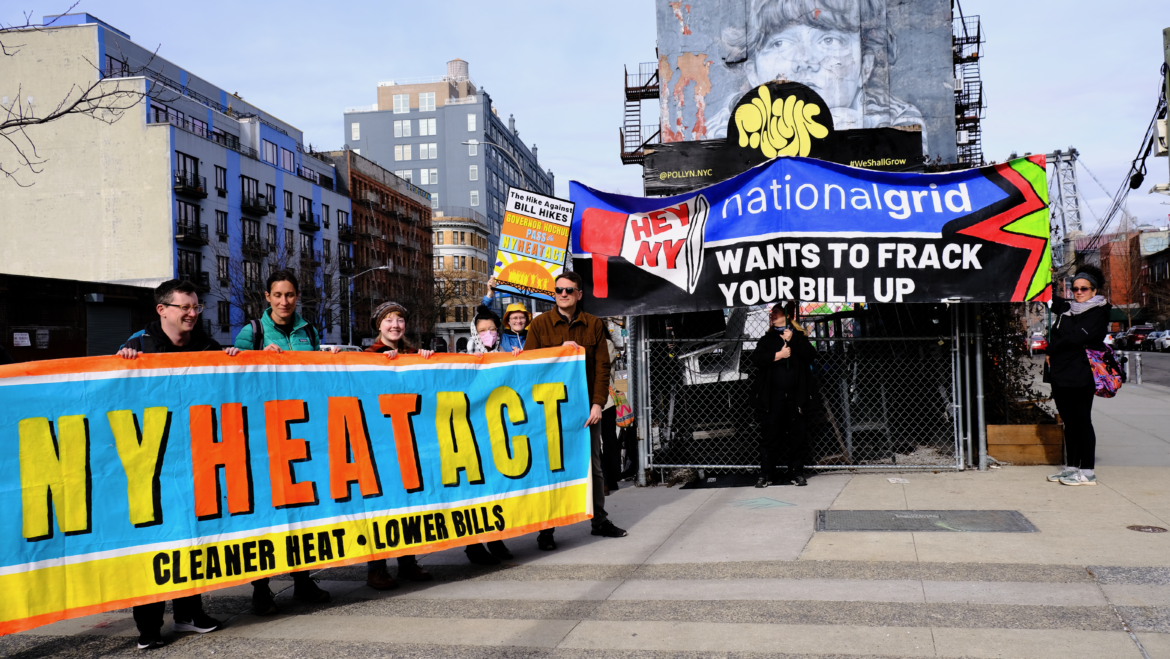
Brynn Fuller-Becker
Climate activists rallied for the passage NY Heat Act in the state budget in March.When Earth Day rolled around on Monday, New York’s environmental community didn’t have much to celebrate.
A few days prior, negotiations on the final New York state budget wrapped without the inclusion of big ticket climate bills that sought, on several fronts, to accelerate the state’s transition to a zero emissions economy.
“We are outraged,” said Rami Dinnawi, a steering committee member of the climate coalition New York Renews. “To see a budget come out that fails to address any of the urgent policies related to climate is an abdication of responsibility from the governor and from lawmakers.”
Their most significant loss was the exclusion of the NY Heat Act, a bill that hundreds of environmental groups rallied behind this session because it had the power to curb the expansion of gas infrastructure across the state. Despite their unified front, the bill failed to make the budget thanks to a few holdouts in the Assembly who advocates say were persuaded by fossil fuels groups.
Two other bills that sought to confront the fossil fuel industry head on—the Climate Change Super Fund and the Stop Climate Polluters Handouts Act—also didn’t make the cut. The first would require oil and gas producers to pay billions of dollars to the state for their massive role in contributing to global warming, and the second would stop them from getting tax breaks.
Other disappointments for the climate movement include the exclusion of Green Transit Green Jobs, which would phase out purchases of new fossil fuel transit buses starting in 2029. And the Package Reduction and Recycling Act, an ambitious attempt to get companies to redesign the products they sell in New York to make sure they are recyclable.
There were, however, some small climate wins. The RAPID Act, legislation that speeds up the permitting process for the transmission of clean energy lines in New York, was included in the budget. As was a continued commitment to investing $400 million into capital projects that protect the environment under the Environmental Protection Fund, and the restoration of $500 million in funding for the state’s water infrastructure needs through the Clean Water Infrastructure Act.
While environmentalists commended these additions, Earth Justice’s policy advocate Liz Moran says the budget “missed the mark” particularly because it failed to include the most pivotal legislation for securing a swifter transition of fossil fuels: NY Heat.
While state lawmakers still have until June to pass bills through the traditional legislative process—passing with majority votes in both the full Senate and Assembly—that can be a tougher path. NY Heat stalled during the previous two sessions, and despite passing in the Senate last year as well as this spring, it’s yet to come up for a full vote in the Assembly.
“We have a budget that does not reflect the urgency of the climate crisis,” Moran told City Limits. “We really need lawmakers to act in the best interest of the people. Not the interests of the oil and gas industry. We need them to embrace policies that are going to save people money, create good jobs, and fight climate change.”
The biggest blow
NY Heat was the most significant climate bill on the table in this year’s budget talks thanks to the pivotal role it would play in limiting the expansion of gas infrastructure in New York.
Although the Climate Leadership and Community Protection Act (CLCPA), a landmark law that passed five years ago, requires New York to mostly phase out fossil fuels like gas by 2050, utility companies have continued to maintain and expand gas infrastructure across the state. They have spent nearly $5 billion to do so since the CLCPA’s passage, and plan to spend a total of $28 billion by 2043, according to a report by the Building Decarbonization Coalition.
Gas companies say this expansion is justified because they have a legal obligation to serve gas to any customer who wants it under the much older public service law that governs utilities in New York. NY Heat sought to amend that rule by nixing the word gas from its definition and extending the obligation to serve customers to non-polluting energy alternatives instead.
It passed the Senate both this session and last, and even earned a stamp of approval from Gov. Kathy Hochul, who included her own version of the legislation in her budget proposal earlier this year.
But lawmakers and advocates attributed it failure in the budget deal to extensive lobbying efforts carried out by National Fuel, one of the state’s largest gas providers. The company has been leading a campaign to stop New York from phasing out gas and going electric.
While roughly three-quarters of Democrats in the Assembly sponsor the bill, lawmakers and advocates told City Limits that the few holdouts who haven’t signed on hail mostly from Western New York, where National Fuel is based and strong opposition for the shift to electric remains.
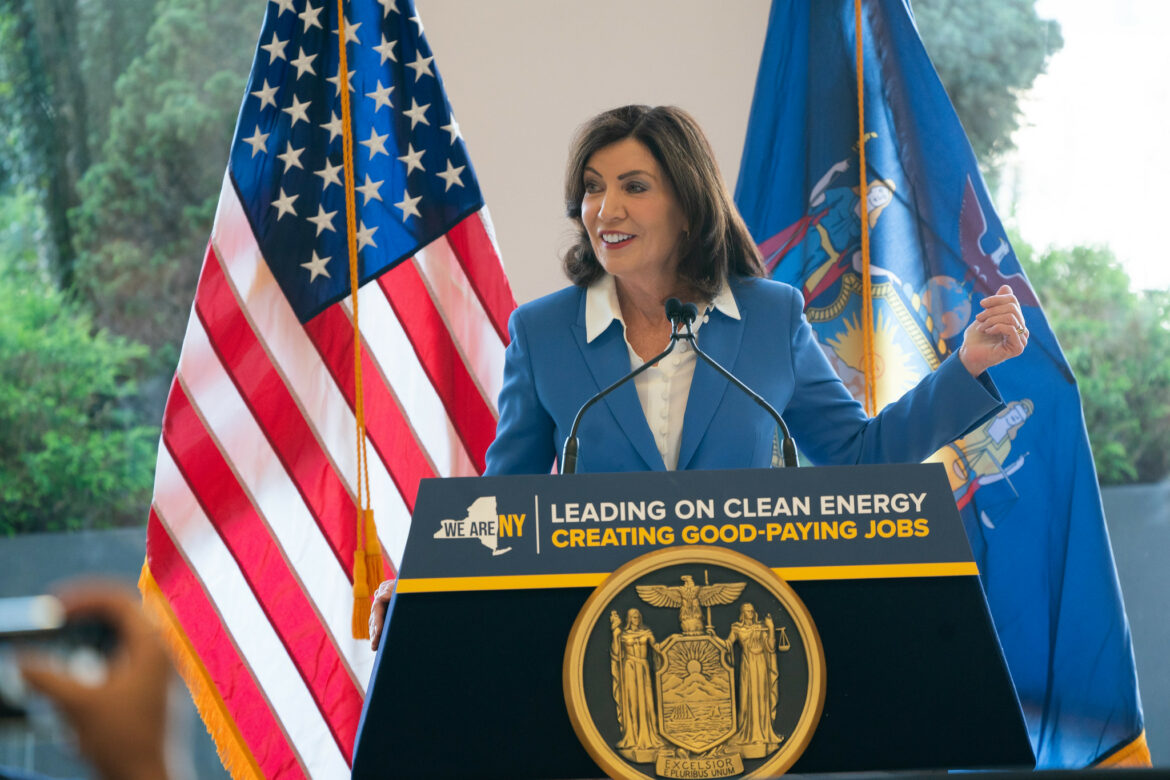
Don Pollard/Office of Governor Hochul
Gov. Kathy Hochul included provisions of NY Heat in her budget proposal at the start of the year.With elections for the state legislature coming up this June and November, they fear that fossil fuel companies will pour funds into taking down candidates that back electrification.
“Assemblymembers in suburban districts and especially in more rural districts upstate are very nervous about supporting anything that would open them up to a lot of big money attacks [from fossil fuel companies],” said Patrick McClellan, policy director at New York League of Conservation Voters.
Thursday, Brooklyn-based environmental group, Spring Street Climate Action, announced the launch of an electoral fund that will take on legislators who stalled the passage of NY Heat in the coming election. The plan is to raise money to distribute flyers and social media ads with messaging in support of the bill.
“The point is to show that these Assembly Democrats should be held accountable for their failures,” said John Raskin, president of the organization.
For a couple of years now, the bill’s opponents have been busy pushing messaging of their own.
Ads on social media championed by New Yorkers for Affordable Energy, a coalition that includes National Fuel, is pushing for increased access to natural gas. The group held a press conference with several Republican lawmakers last month, saying the NY Heat in particular will “raise rates, cost jobs and eliminate consumer energy choice in NY,” according to a social media post.
“Ongoing costs being driven by New York’s well-intentioned but poorly executed climate goals are a major factor behind increasing utility bills,” the group said in a statement at the start of the legislative session in January. “These increases hurt consumers and businesses alike.”
The bill has also sparked concerns among labor unions that they will lose jobs if utility companies stop serving gas. Assemblymember Patricia Fahy, who sponsored NY Heat in the Assembly, said four manufacturers—including Quad Graphics, a printing facility in upstate Saratoga Springs that closed down this year and received funding in the past from the utility company National Grid—came out against the bill.
“They are raising some legitimate concerns,” Fahy told City Limits. “I want to get this bill done. We need to address concerns by a whole host of people and I’m willing to do that.”
Liz Krueger, NY Heat’s sponsor in the Senate, said they are prepared to “clarify the language” in the bill in order to pass NY Heat this session. They could make it clearer, for instance, that the Public Service Commission already has the power to allow manufacturers to request oil and gas pipelines to their facilities if their business depends on it.
“So we’re happy to clarify things in the law so that people understand that some concerns they have aren’t actually a real concern,” Krueger said.
But while they are willing to make some concessions, both Fahy and Krueger say they won’t part ways with the most crucial aspect of the bill: its ability to amend the obligation to serve.
“I’m not prepared to gut the bill. But I’m certainly prepared to negotiate with the Assembly in good faith on changes,” Krueger told City Limits.
And with the budget failing to include any consequential climate policy, environmental groups are more fired up than ever to get NY Heat across the finish line.
Another of the legislation’s key provisions caps utility bills for low- and middle-income New Yorkers so that they don’t exceed 6 percent of a household’s income.
“New Yorkers are demanding action on energy affordability and climate change. And this bill remains a key to unlocking both,” said Jessica Azulay, program director of Alliance for a Green Economy. “So we’re not giving up.”
To reach the reporter behind this story, contact Mariana@citylimits.org. To reach the editor, contact Jeanmarie@citylimits.org
Want to republish this story? Find City Limits’ reprint policy here.


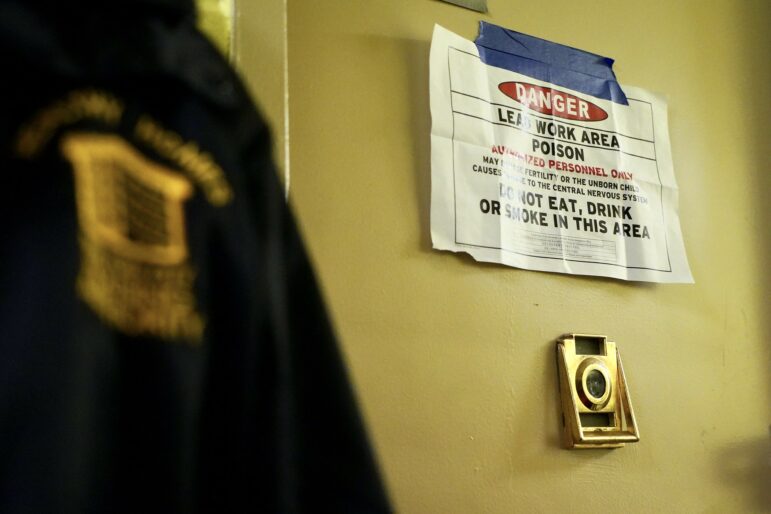
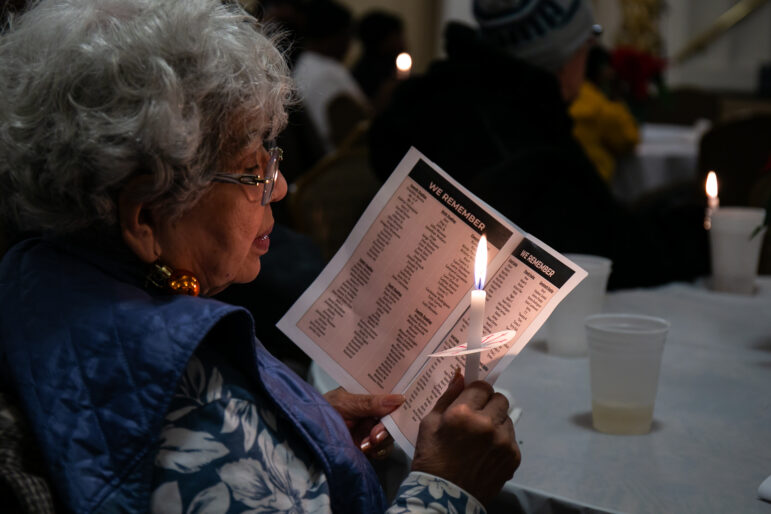
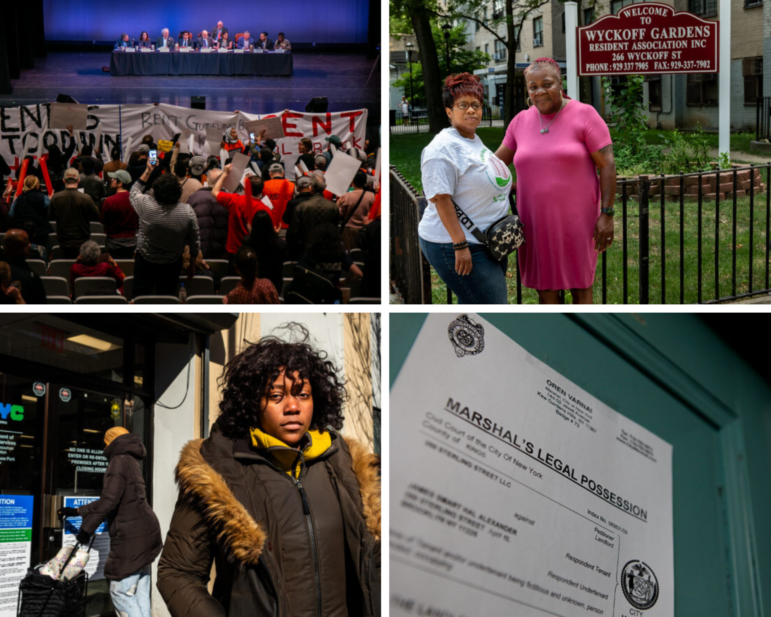




3 thoughts on “Some Gains, Many Losses: What Went Wrong for Climate in This Year’s State Budget”
Artificial turf is another front on which the state legislature should act. Natural turf and other greenery in urban parks cools and cleanses the air. Synthetic turf heats the air and contains PFAs, forever chemicals that are unhealthy for players and the air and water. We need our parks to alleviate heat island effect, not exacerbate it.
Bills to limit PFAs have been introduced but have gone nowhere. Next session, bills should be introduced and pass to ban artificial turf altogether.
Is the HEAT Act really such a good idea? I’m hesitant to put all my eggs in an electric basket. And by eggs, I mean literal eggs. Suppose there’s a blackout. The refrigerator will quickly warm up and food will spoil. Are people going to be prevented from at least cooking their food on a gas stove before it spoils? That leaves only whatever boxed food they happen to have, neither particularly healthy nor sustainable if markets are closed in a power outage.
We’ve already seen how people lose phone access when there’s a blackout, when the phones used to work on a separate system, before landlines went digital and cell towers could go dark, and smartphones went with no way to recharge them.
And what if there’s another Carrington Event from a solar flare? It won’t just be the telegraph system that shorts out this time, maybe taking months or longer to restore. In an all electric building without its own sources of energy, no one will be able to so much as prepare food on a hotplate.
I’m not sure I can trust an electronic basket with all my money. When I say “eggs,” I mean real eggs. Say a power outage occurs. Food will go bad as soon as the fridge gets hot.